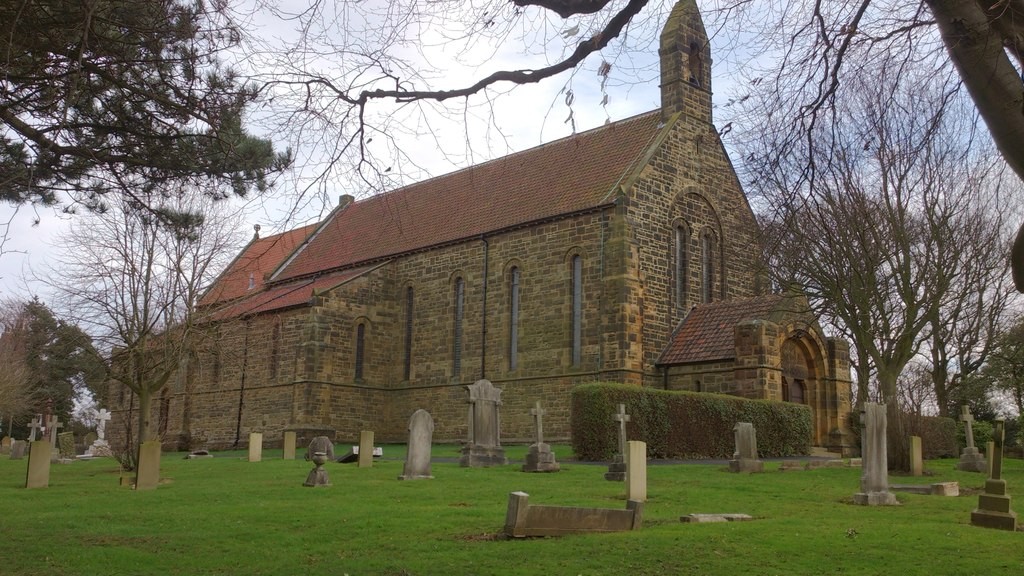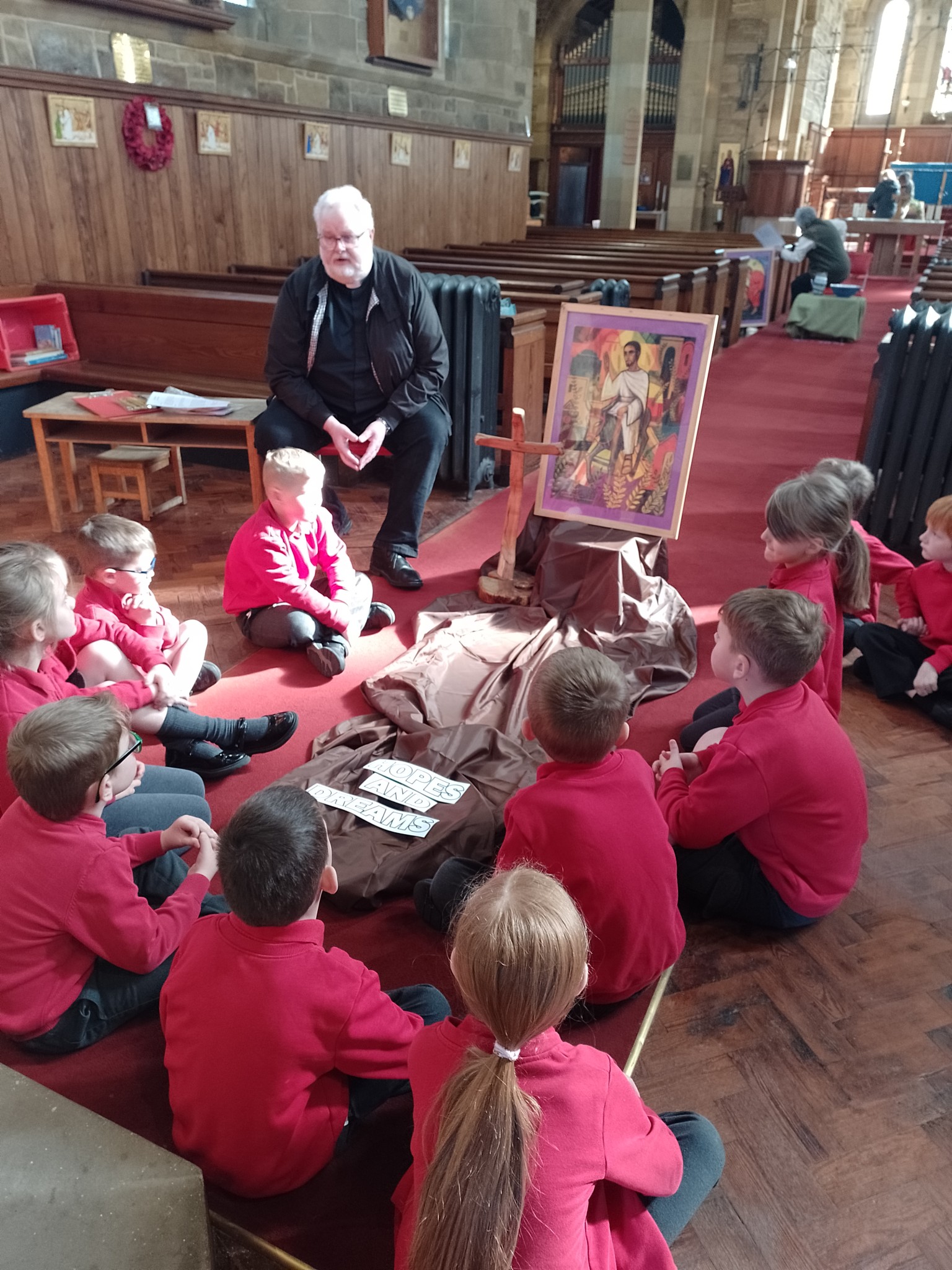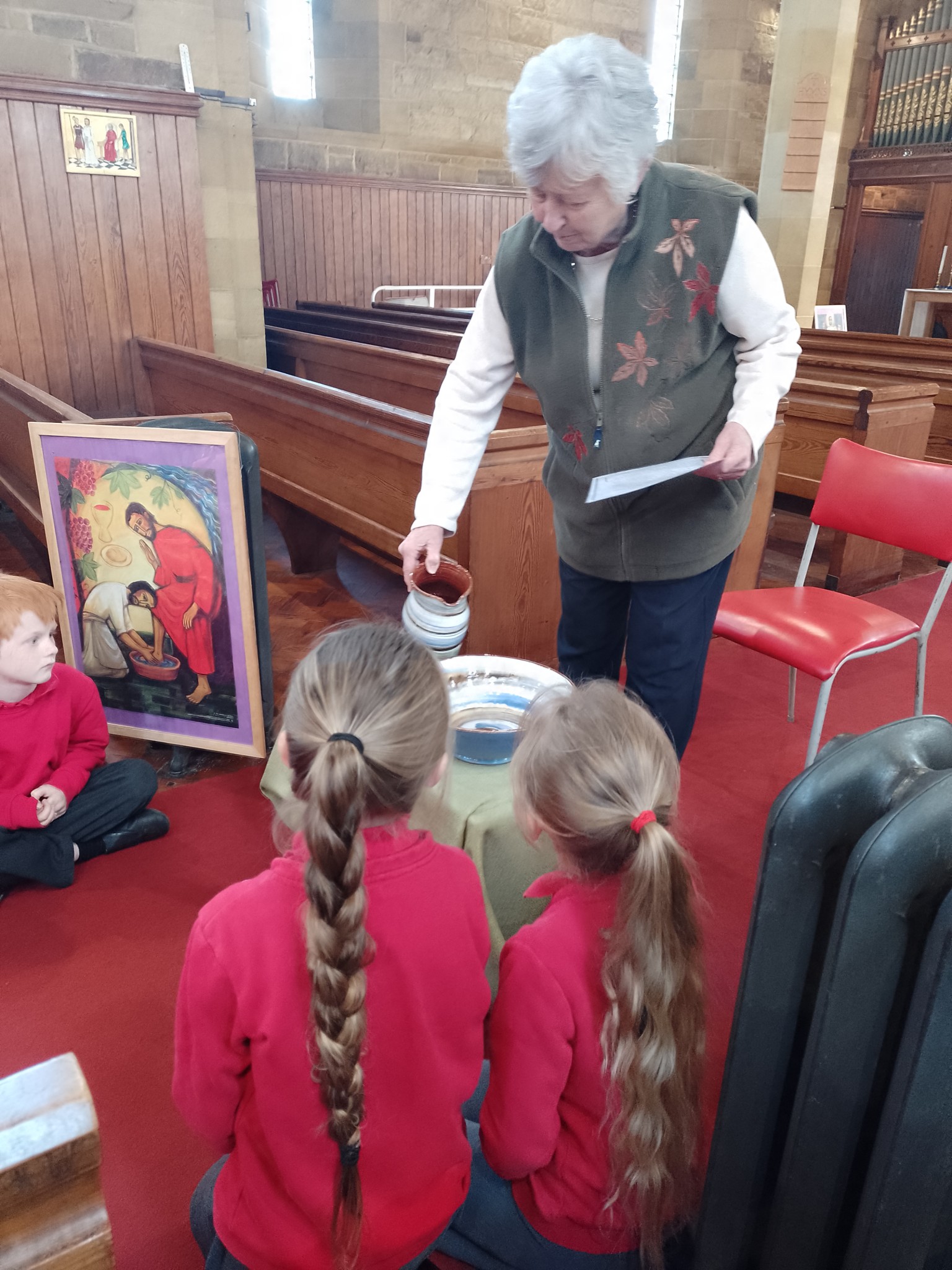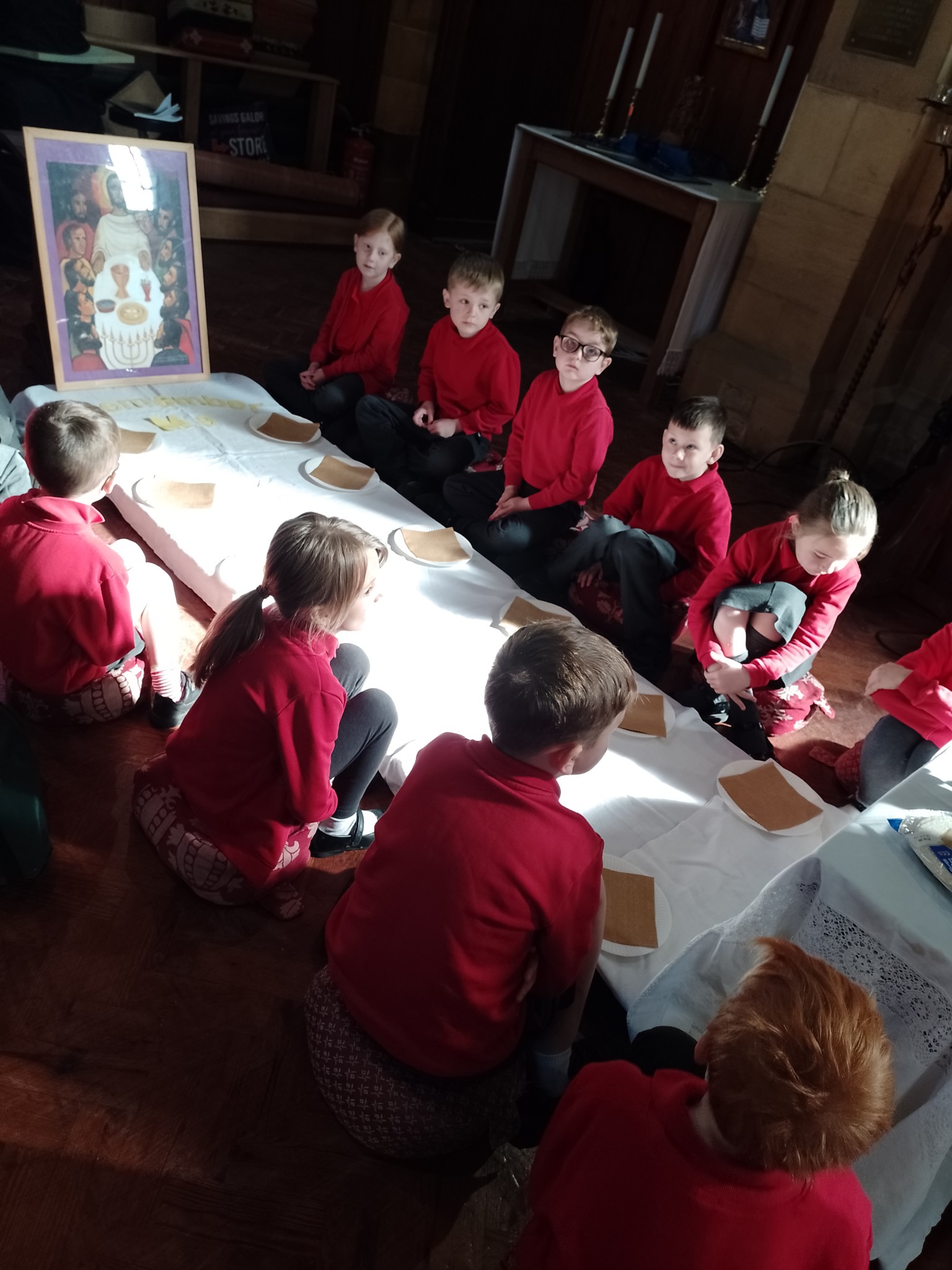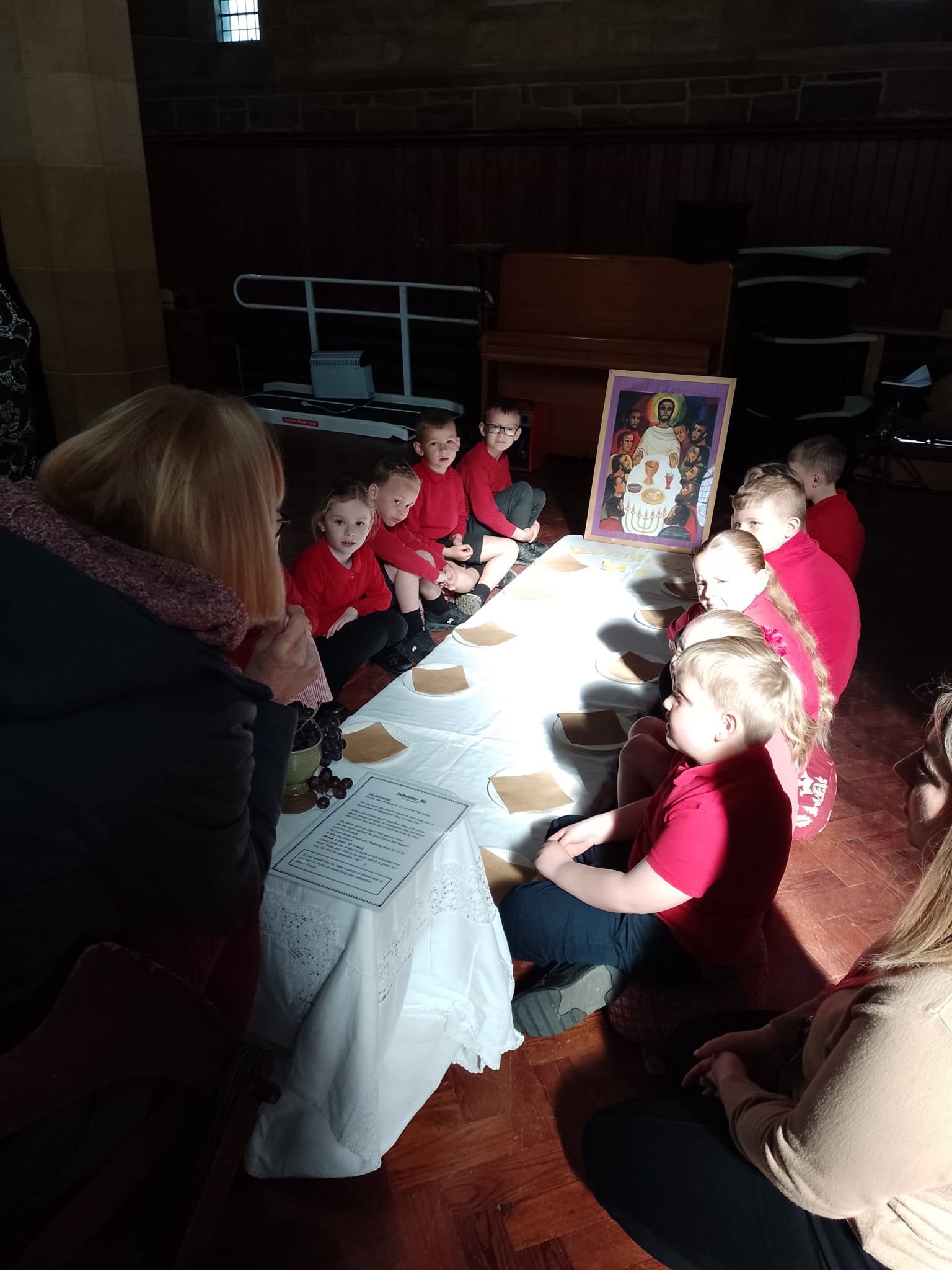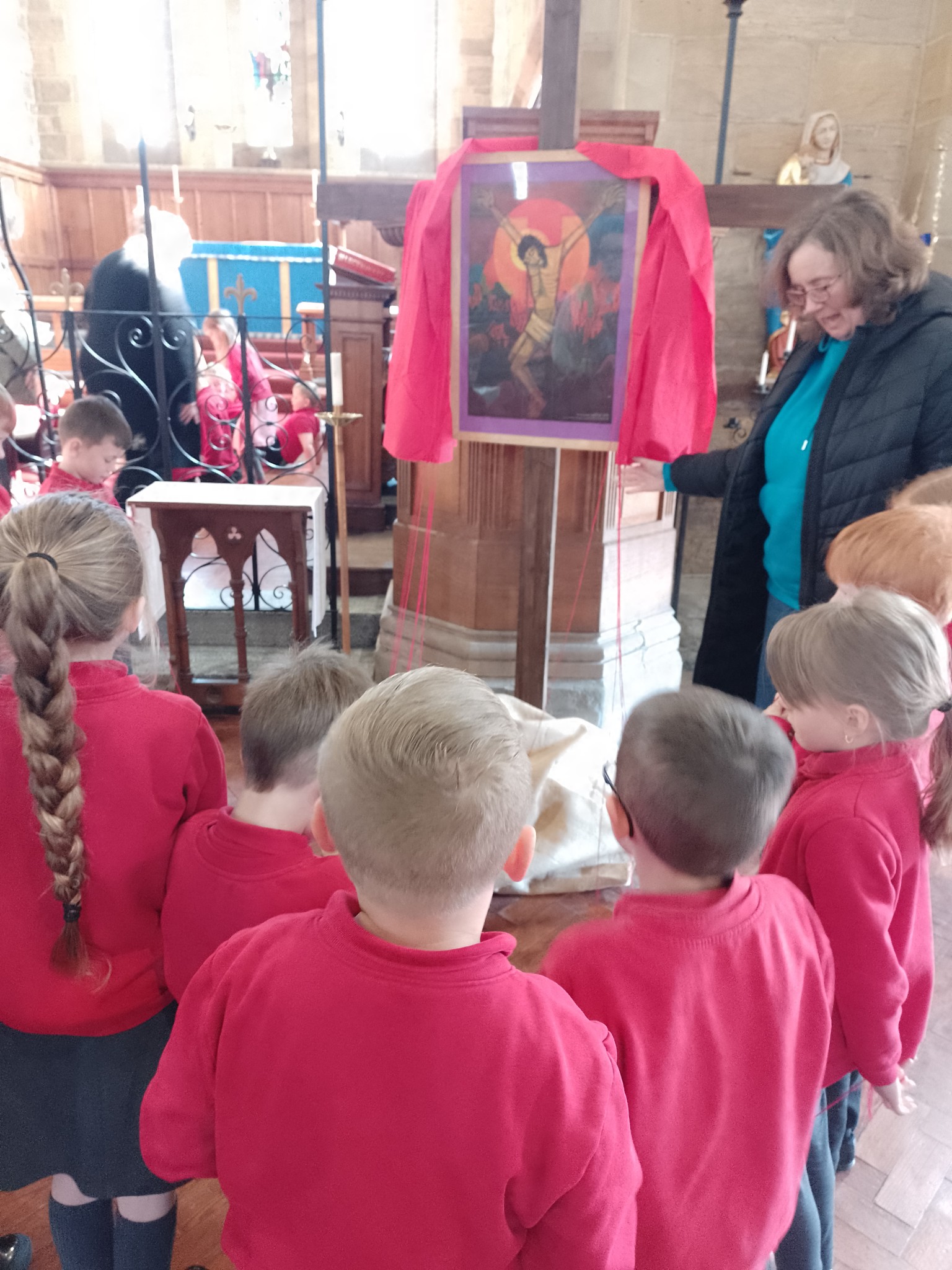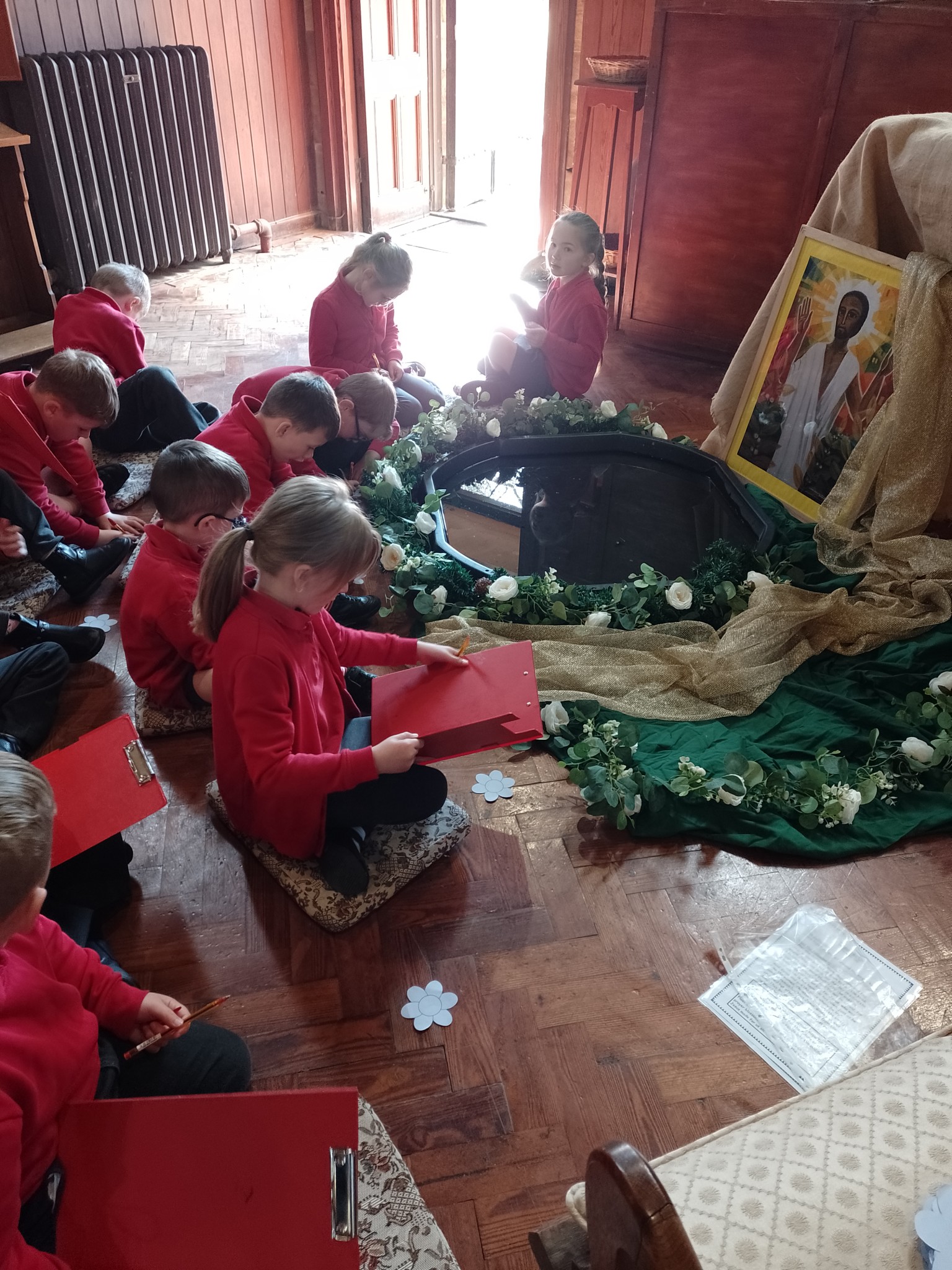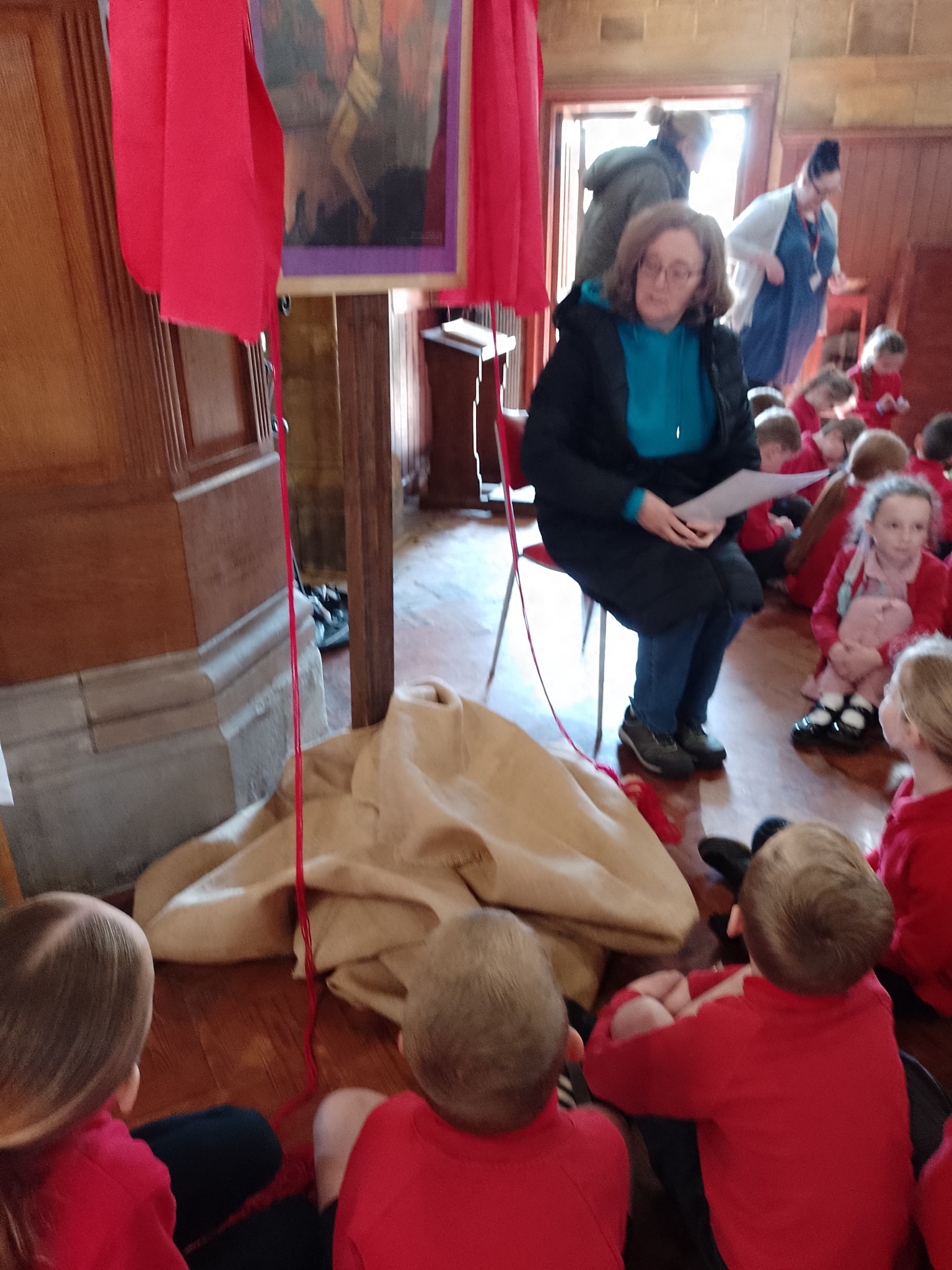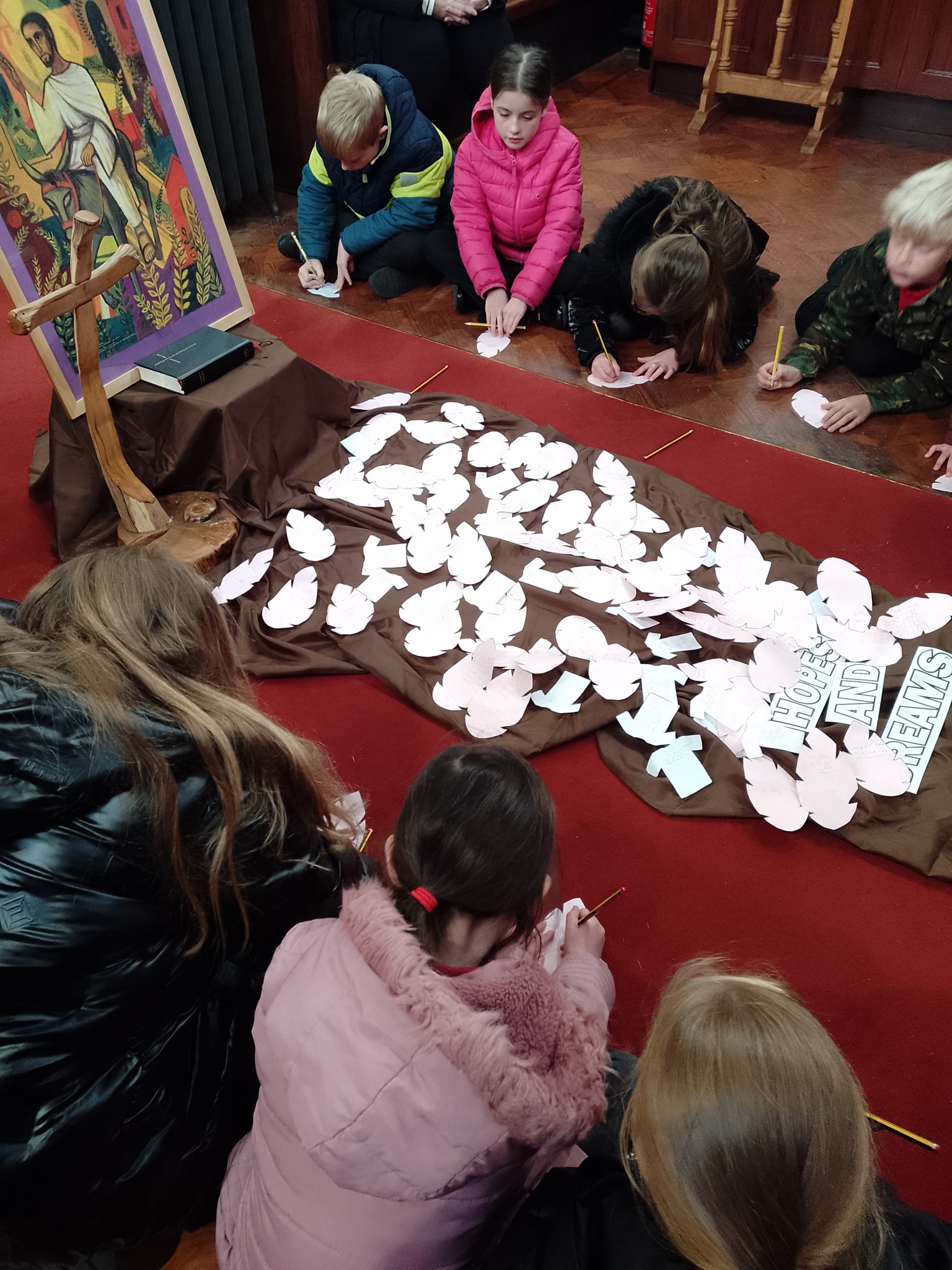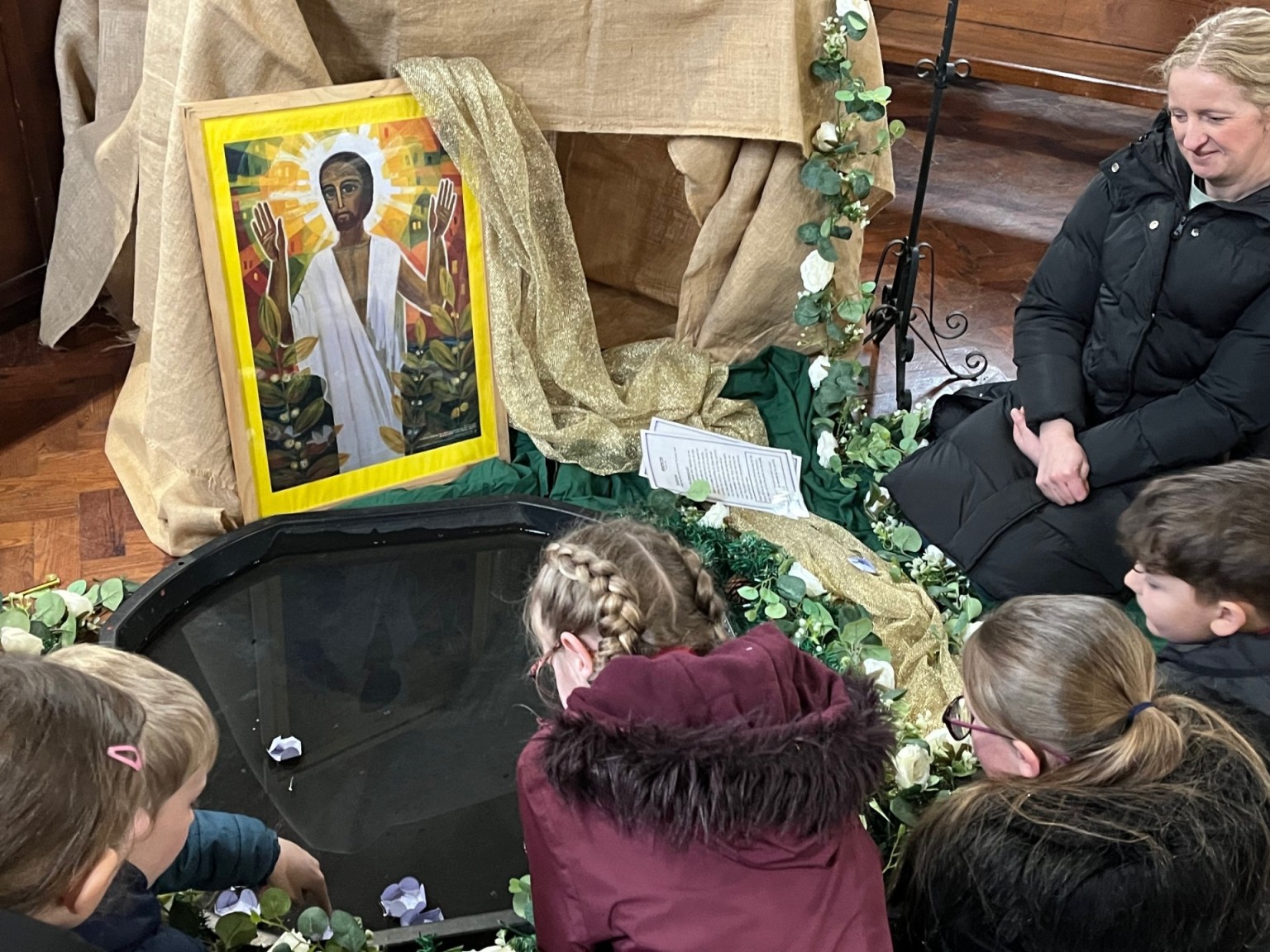Welcome to our R.E page
We want to celebrate culture and diversity and we recognise that for many people in our community, religion is a crucial part of their identity. Children growing up today need an awareness and understanding of religion as it is developing in Britain and around the world. We want our Religious Education to provide opportunities to encourage respect for others, to challenge stereotypes and to build an understanding of cultures and beliefs that may be different to our own. ur beliefs inform our values and what we say and how we behave. Our RE curriculum promotes a positive and inclusive school that values democracy and human rights.
At Lockwood, it is our intent for the Religious Education element of our school curriculum to engage our children in the study of the subject. We want our children to be ready for each stage in their educational journey so the learning within each year group builds upon the key skills and knowledge they have been taught previously. We also promote our core values of mutual respect, tolerance, the rule of law, liberty and democracy through the teaching of R.E.
How we teach R.E
RE is a component of the basic curriculum and is taught alongside the National Curriculum. At Lockwood we follow the locally Agreed Syllabus for Redcar and Cleveland produced by SACRE (Standing Advisory Council for Religious Education).
Keystage One
Throughout Key Stage 1, pupils explore Christianity and at least one other principal religion. Children develop their knowledge and understanding of religions and worldviews, recognising their local, national, and global contexts. They are encouraged to use basic subject specific vocabulary, to raise questions and to begin to express their own views in response to the things they learn.
Keystage Two
Throughout Key Stage 2, pupils learn about Christianity and at least two of the other principal religions, recognising the impact of religion and belief locally, nationally, and globally. They are introduced to an extended range of sources and subject specific vocabulary. They are encouraged to be curious and to ask increasingly challenging questions about religion, belief, values, and human life. The children learn to express their own ideas in response to the work and resources they engage with, identifying relevant information, selecting examples, and giving reasonings to support their ideas and views.


